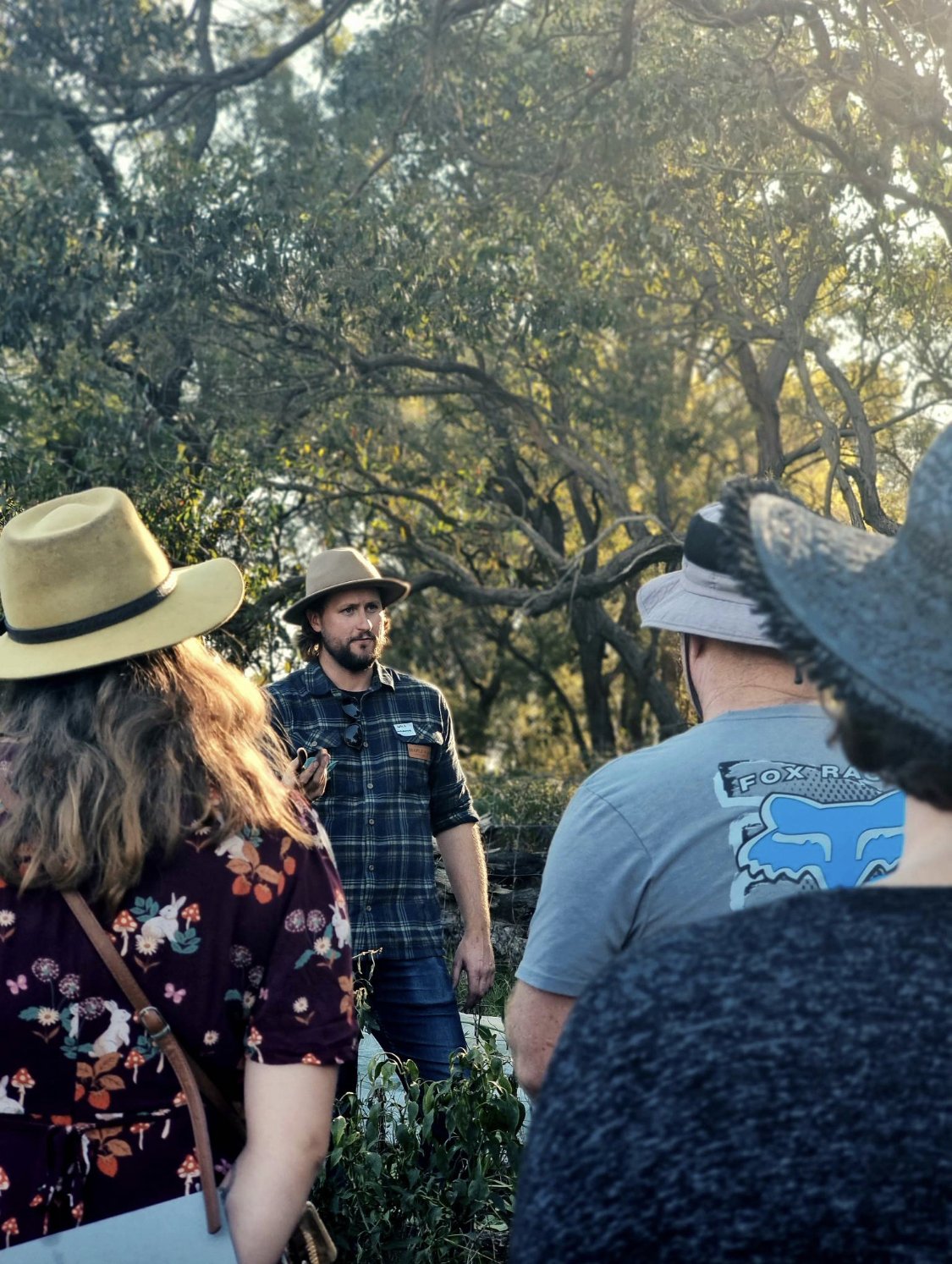Grow your knowledge.
We have worked with young gardeners at schools and preschools across the region, teach as Permaculture Design Certificate (PDC) educators, run regular workshops including collaboration with local government and community groups, and have appeared as guest presenters at major festivals and events across the Hunter Valley and Lake Macquarie regions.
Design with nature.
From our ‘potting shed’ design studio in the Hunter Valley, we offer permaculture-principled garden design services for residential properties, acreage, school gardens, community gardens and more.


























